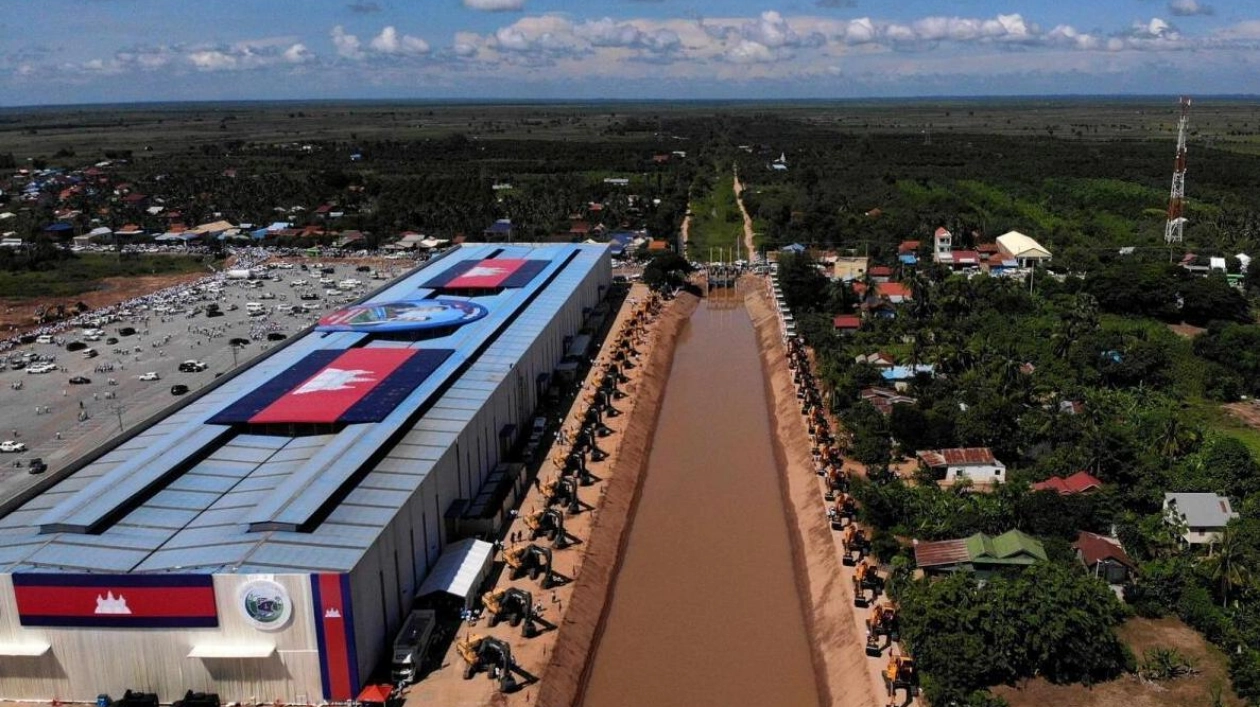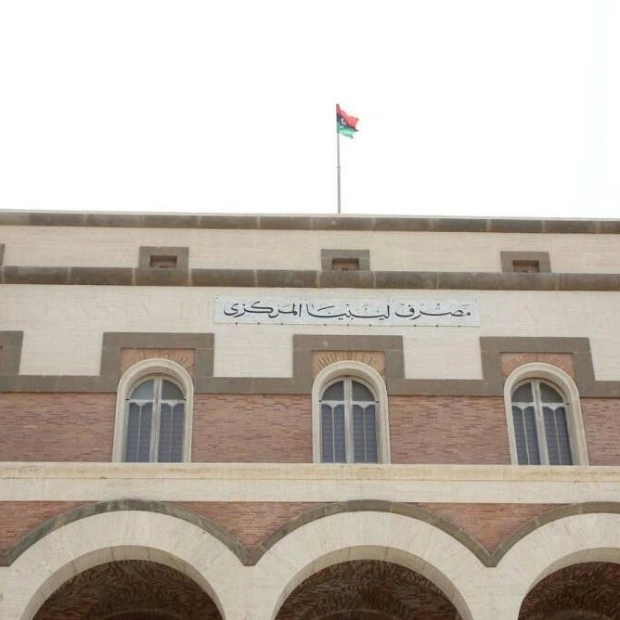Cambodia's Prime Minister Hun Manet initiated a contentious $1.7 billion canal project on Monday, designed to create a new connection from the Mekong River to the sea. During the launch event in Prek Takeo, southeast of Phnom Penh, Manet described the 180-kilometer project as "historic," as fireworks illuminated the sky and drums were heard. "We must construct this canal at any cost," he declared. Upon completion, the Funan Techo canal will extend from a point on the Mekong River, approximately an hour's drive southeast of Phnom Penh, to the Gulf of Thailand.
However, the project is mired in uncertainty, including its primary purpose—whether for shipping or irrigation—its funding sources, and its impact on the Mekong River, one of the world's longest. Conservationists have consistently warned that the river, which sustains up to a quarter of the global freshwater fish catch and half of Vietnam's rice production, faces risks from infrastructure projects, pollution, sand mining, and climate change. Cambodia, Laos, Vietnam, and Thailand are parties to the 1995 Mekong River Agreement, which regulates the distribution of the river's resources. Cambodia has informed the Mekong River Commission (MRC) of its canal plans, but Vietnam seeks more details about the project. Phnom Penh contends that the project impacts only a Mekong tributary and thus requires only the notification it has already provided.
The canal, a signature infrastructure project of former Prime Minister Hun Sen, is viewed as a unifying national effort to bolster support for his successor and son, Hun Manet. Hun Sen, who has governed Cambodia for over three decades and celebrated his birthday on Monday, has likened the canal to providing the country with a "nose to breathe through." The government asserts that the project will offer an alternative route for container ships currently traversing into Vietnam before reaching the sea, enabling Cambodia to retain transport revenue within the country. It plans to develop riverside economic zones along the route, which could generate tens of thousands of jobs for one of the poorest countries in Southeast Asia. Last year, the China Road and Bridge Corporation (CRBC), a major Chinese construction firm that has financed other infrastructure projects in Cambodia, agreed to conduct a feasibility study of the project. Cambodian officials have hinted that the Chinese state-owned company might finance part of the canal, although CRBC has not released its study or made any public commitments. Despite Cambodia's close alliance with Beijing, Hun Sen has refuted claims that the canal will be part of China's Belt and Road infrastructure initiative.






